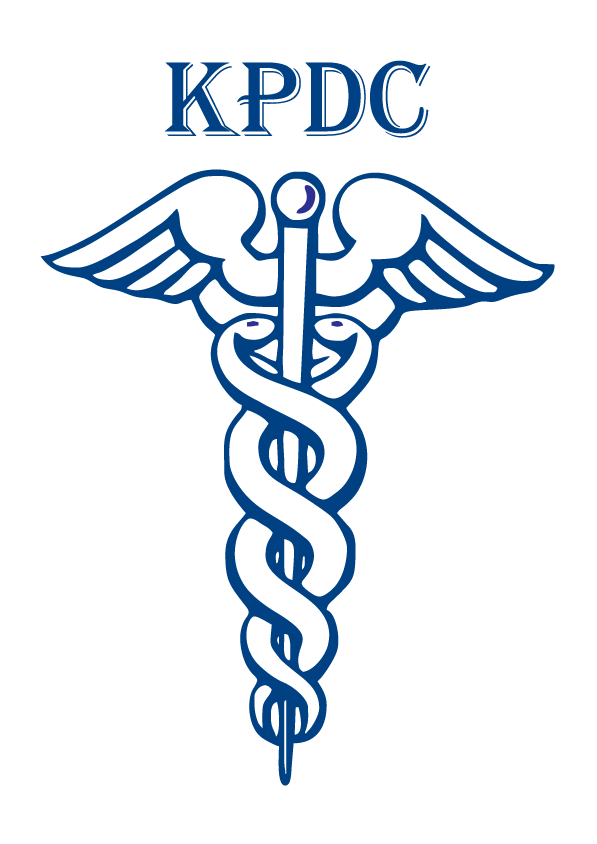Alcohol Addiction Disorder
Alcohol Addiction Disorder, also known as Alcohol Use Disorder (AUD), is a chronic medical condition characterized by an individual's inability to control their alcohol consumption despite negative consequences. It is considered a type of substance use disorder and can range in severity from mild to severe. AUD can have a profound impact on a person's physical health, mental well-being, relationships, and overall quality of life.
The Diagnostic and Statistical Manual of Mental Disorders, Fifth Edition (DSM-5), provides criteria for diagnosing Alcohol Use Disorder. These criteria include:
Impaired Control: The person often drinks more or for a longer period than intended, or they have a persistent desire to cut down or control alcohol use but cannot.
Social Impairment: Alcohol use leads to the failure to fulfill major role obligations at work, school, or home. It can also result in social or interpersonal problems caused or exacerbated by drinking.
Risk-Taking: Continued alcohol use despite knowing it's causing or exacerbating a physical or psychological problem.
Tolerance: Needing more alcohol to achieve the desired effect or experiencing reduced effects when drinking the same amount.
Withdrawal: Experiencing withdrawal symptoms when alcohol use is stopped or reduced, or drinking to avoid withdrawal symptoms.


